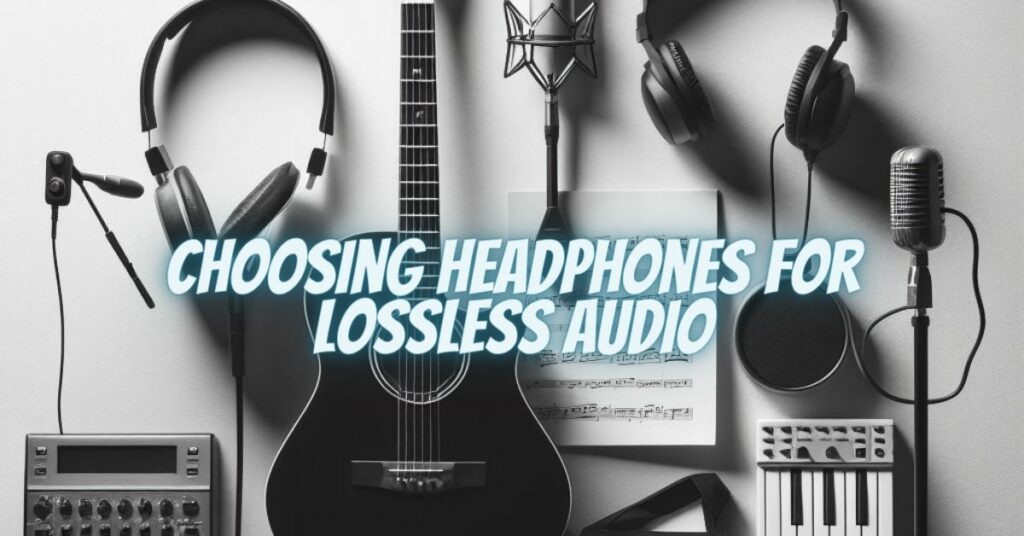As the demand for high-quality audio continues to grow, lossless audio formats have become a popular choice for audiophiles and music enthusiasts. However, there’s a common misconception that you need expensive, high-end headphones to enjoy lossless audio. In this article, we will explore whether you can listen to lossless audio with any headphones, the factors affecting audio quality, and how to optimize your listening experience.
Understanding Lossless Audio
Lossless audio formats, like FLAC (Free Lossless Audio Codec) and WAV (Waveform Audio File Format), preserve the original audio quality without compression, making them ideal for audiophiles and those who seek the best possible sound.
The Role of Headphones in Lossless Audio
Headphones are an integral part of the audio chain, as they directly affect the way you perceive sound. When it comes to lossless audio, the quality of your headphones can influence the audio experience, but it’s not the sole determinant.
Factors Affecting Audio Quality with Headphones
- Headphone Quality: The quality of your headphones significantly impacts the audio experience. High-end headphones often have superior drivers, materials, and engineering, resulting in clearer, more detailed sound. However, this doesn’t mean you can’t enjoy lossless audio with budget-friendly headphones.
- Impedance and Sensitivity: The impedance and sensitivity of headphones play a role in their compatibility with various sources. Lossless audio players, external DACs, and headphone amplifiers can drive headphones with higher impedance more effectively.
- Sound Signature: Different headphones have varying sound signatures, such as neutral, bass-heavy, or treble-focused. The choice of headphones depends on your listening preferences and the type of music you enjoy.
- Optimal Equipment Match: To get the most out of lossless audio, headphones should be paired with the appropriate equipment. A high-quality DAC and headphone amplifier can improve audio quality, even with lower-priced headphones.
- Listening Environment: Your listening environment and room acoustics can affect audio quality. Reducing background noise and optimizing the listening space can help you hear the nuances in lossless audio.
Optimizing Your Lossless Audio Experience with Any Headphones
- Use High-Quality Audio Files: Regardless of your headphone choice, the source material is crucial. Ensure you use lossless audio files that preserve the original recording quality.
- Amplification: If your headphones have high impedance and sensitivity, consider using a headphone amplifier. It can provide the necessary power for optimal audio quality.
- EQ and Customization: Some audio players and devices offer equalization (EQ) options that allow you to fine-tune the audio output to your preferences. Adjusting the sound signature can make a noticeable difference.
- Comfort and Fit: A comfortable fit is essential for long listening sessions. Ensure your headphones provide a good seal and that you can wear them for extended periods without discomfort.
- Critical Listening: Take the time to critically listen to your lossless audio on different headphones. You may be surprised by the level of detail and quality that budget-friendly headphones can provide.
While high-quality headphones can certainly enhance your lossless audio experience, it’s not necessary to invest in expensive, high-end models. With the right equipment, audio files, and a focus on optimizing your listening experience, you can enjoy the richness and detail of lossless audio with any headphones that suit your listening preferences and budget. Ultimately, the pursuit of audio excellence is about finding the perfect balance between equipment and personal enjoyment.


